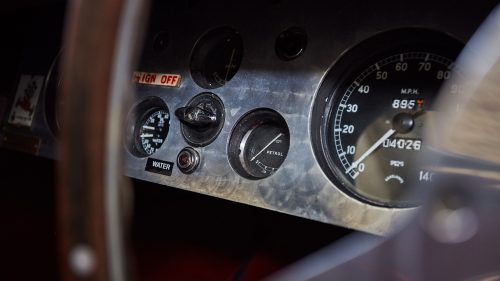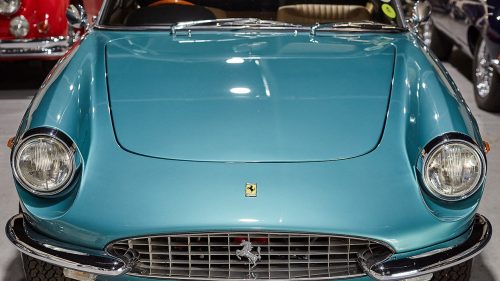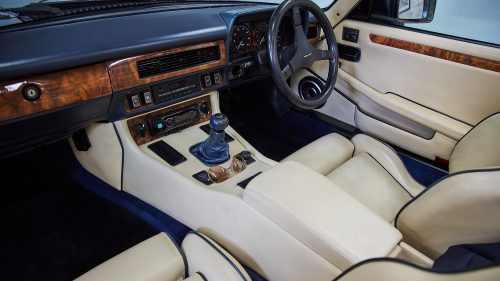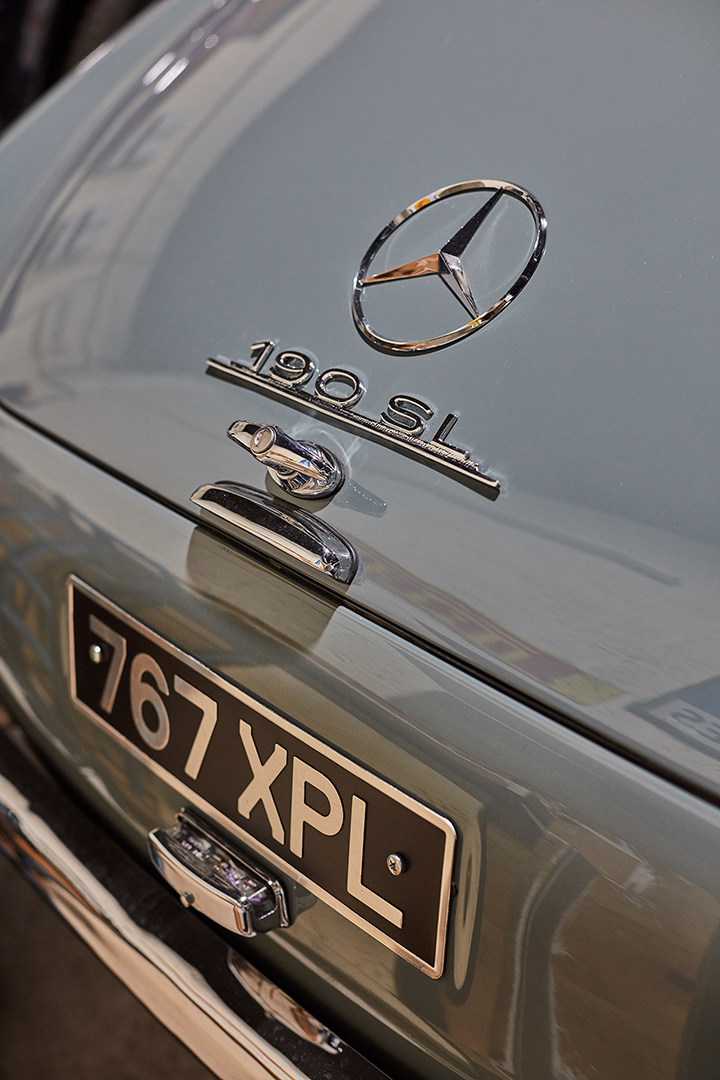
Shining a light on chrome
Chrome plating has been around, in various forms, since the early 1900s used to increase the wear resistance of industrial components for almost just as long. However, its use on vehicles is more for adding shine to needed parts than serving a protective purpose.
Chrome will not rust, but over time, harsh road conditions and debris can chip the chrome and give the metal underneath the surface room for rust. And once the rust starts, it’s tough to stop.
If you drive your classic car, you will inevitably damage your chrome, especially on forward-facing, low down plated items. You can keep on top of these minor imperfections with various tricks, rubbing aluminium foil, vinegar, cola, etc. If not cared for properly, the chrome plating will start to corrode; this is known as pitting.
Contact us for a quote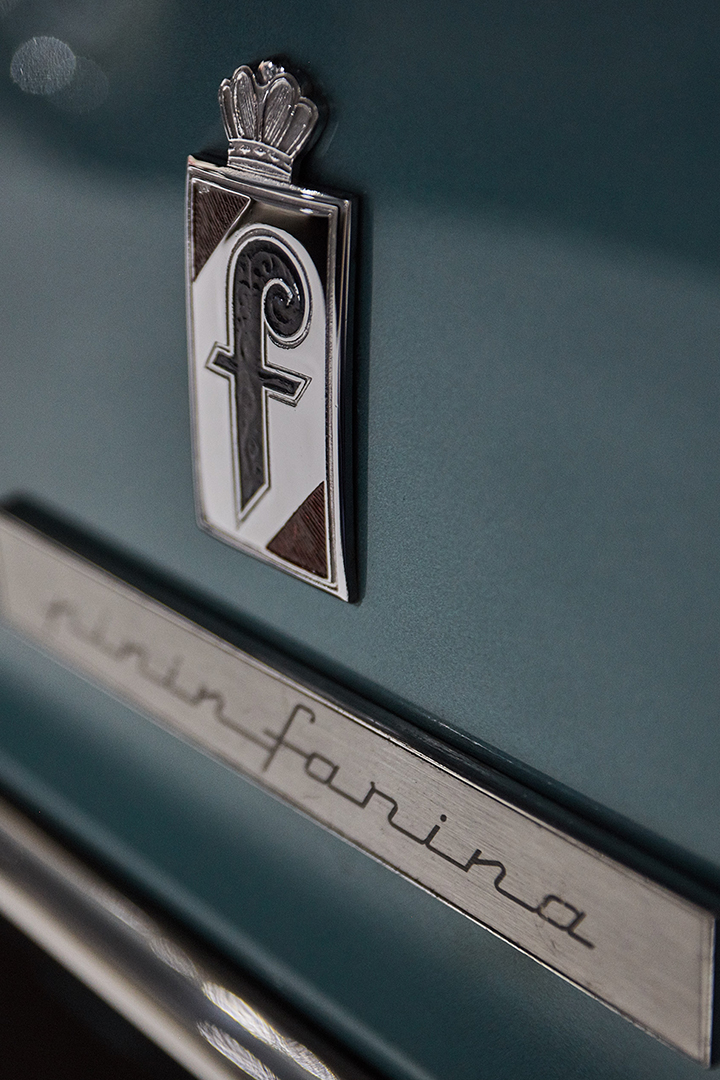
Protecting the best
When cracks or holes can appear in the chrome plating, this allows corrosive liquids through to the metal bonded underneath, corroding the metal from the inside. This process removes the metals that support the chrome on the surface; it now has no support and begins to fall off the weakened component.
We are soon left with that unmistakable look of flaky, rusty chrome, the chrome is fine, but the supporting materials have failed it.
Once the damage has happened, it is virtually impossible to stop the spread unless you have the parts repaired and recoated.
Protect will engineer a dry air solution to your exact needs, putting you in control of the environment of your vehicle.
Once installed, you can be safe knowing that technology is working for you to protect your investment for many more decades.
Simply sheltering your investment will never be able to protect your pride and joy completely.
Engineered dry air is what’s needed.
Contact us for a quoteWith the environmental push to cease the method used for traditional chroming, this might be the last chance to keep your original chromed parts, actually chrome.
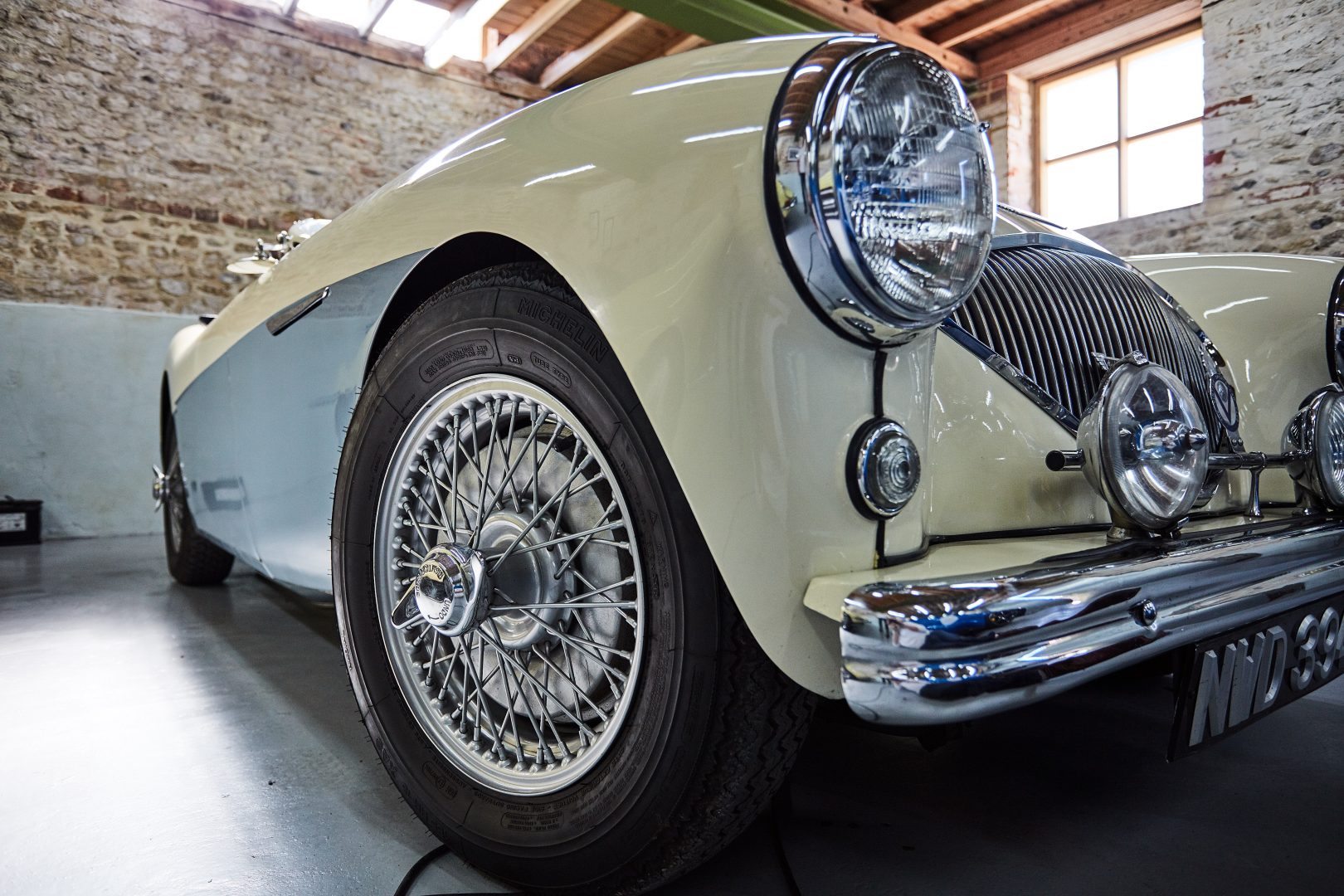
Hexavalent chromium (one of the chemicals used in traditional chrome plating) has been banned in car production across the EU since 2007 and has been heavily regulated via licenses since 2017.
The EU proposed substitute is Trivalent chromium which isn’t resilient and doesn’t have the same weather resistance, so it goes rusty.
It is also not as shiny as traditional chrome, and Trivalent chrome will also react with contamination turning it brown.
Therefore protecting the chrome now from the adverse effects of humidity is paramount to extending the life of the coating and keeping the jewel shining for years to come.

